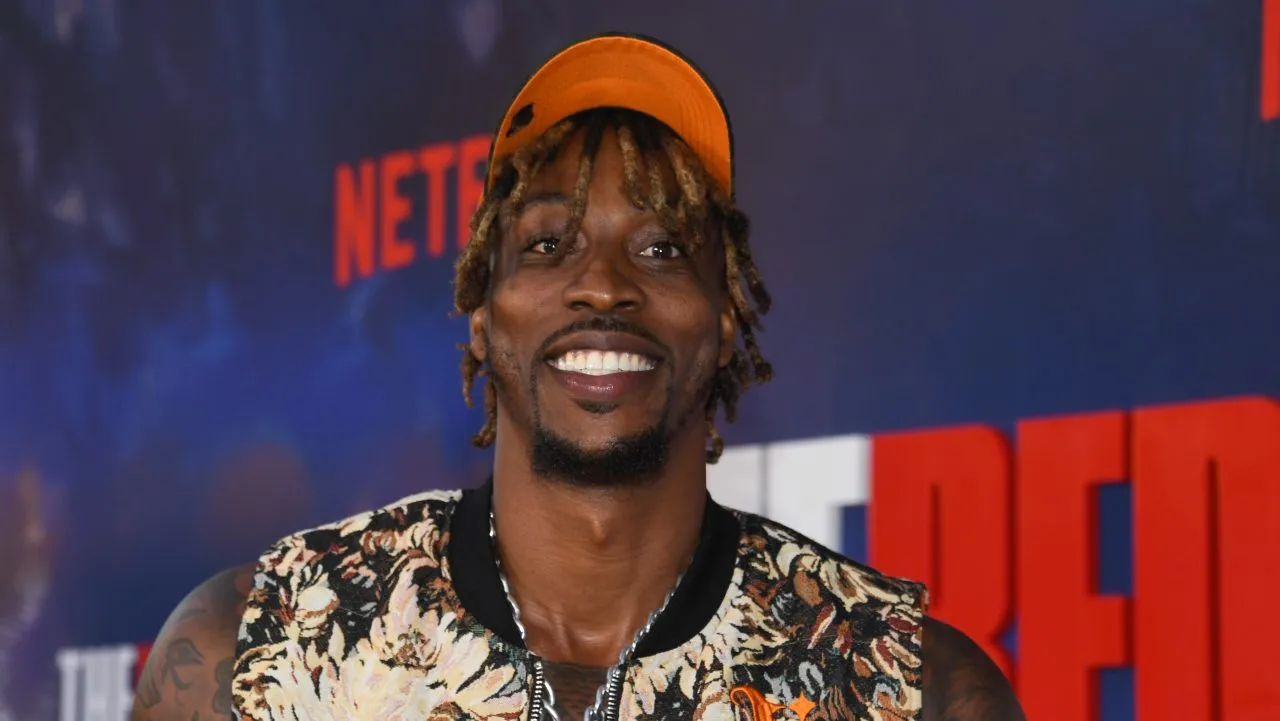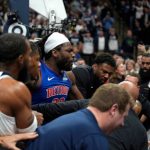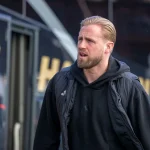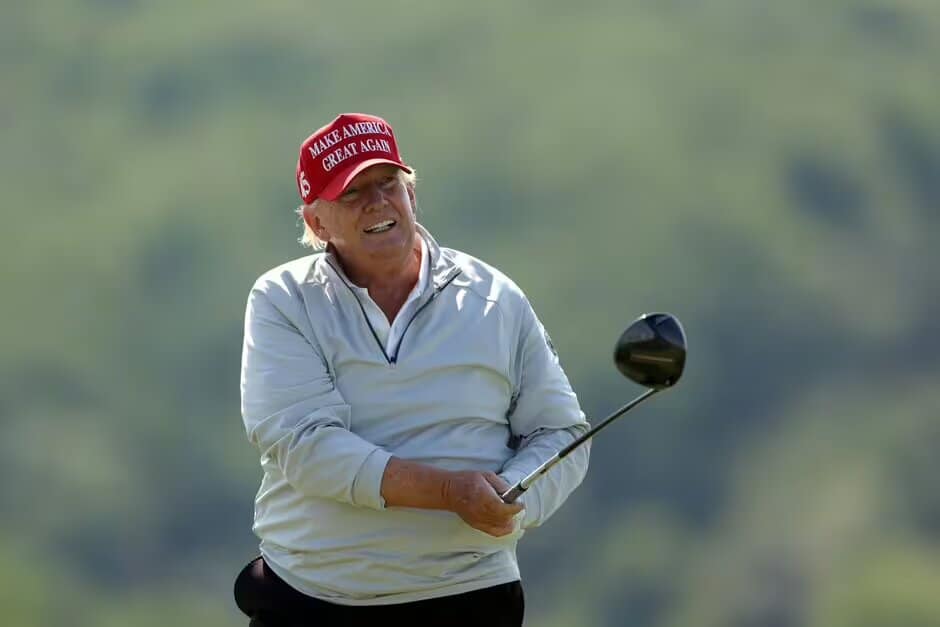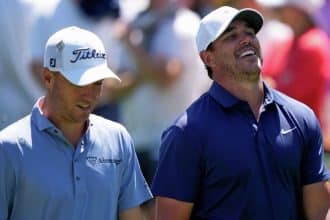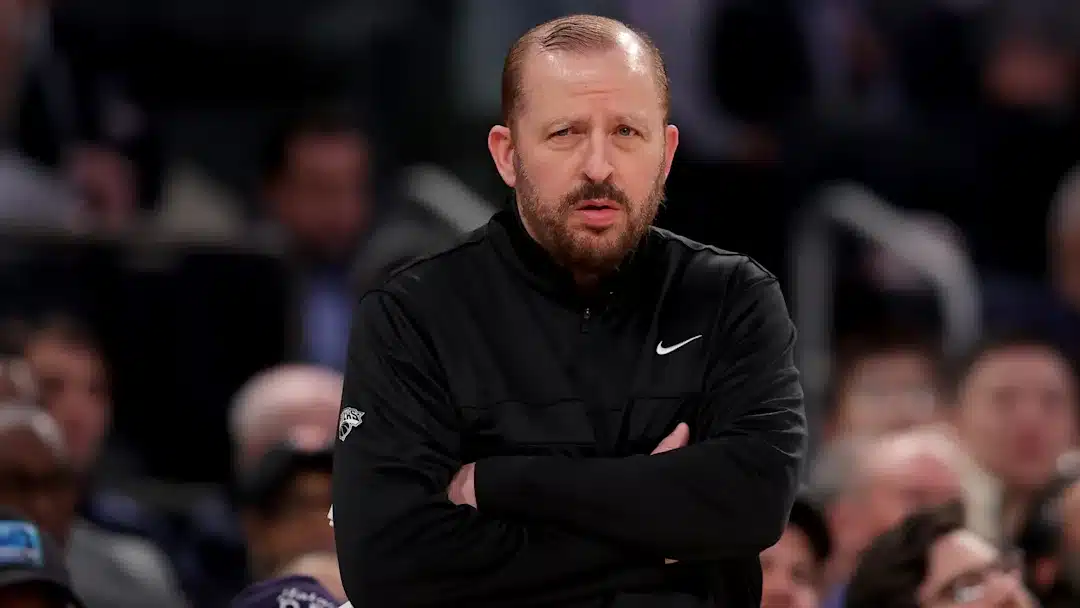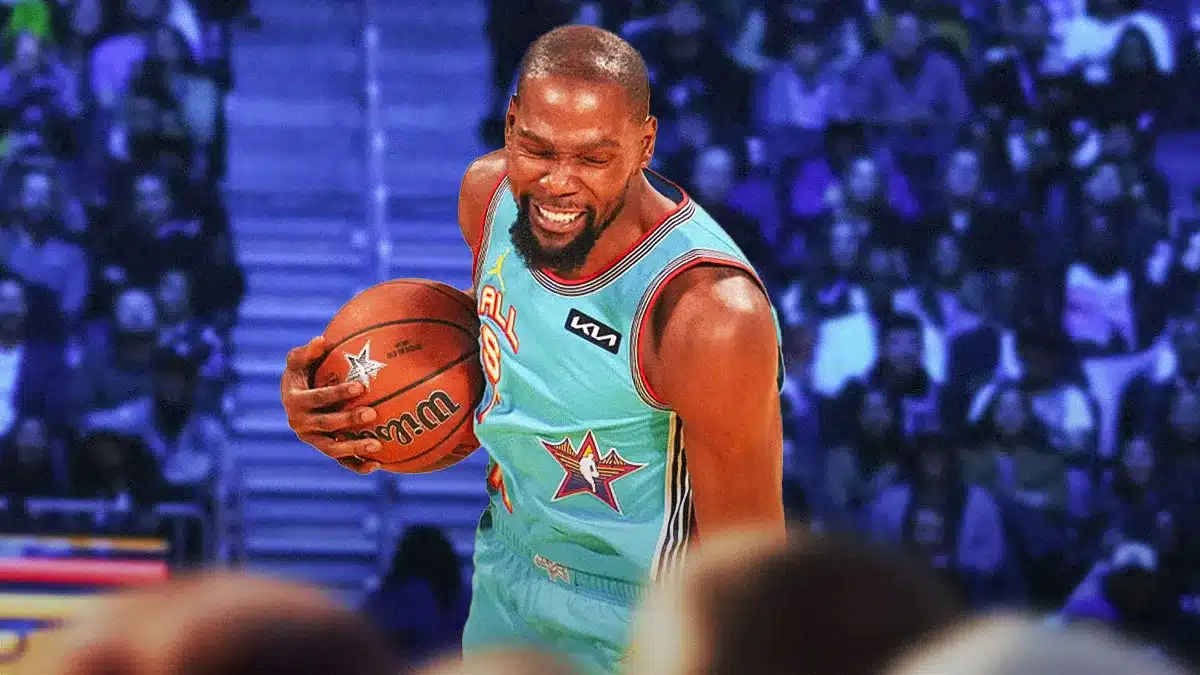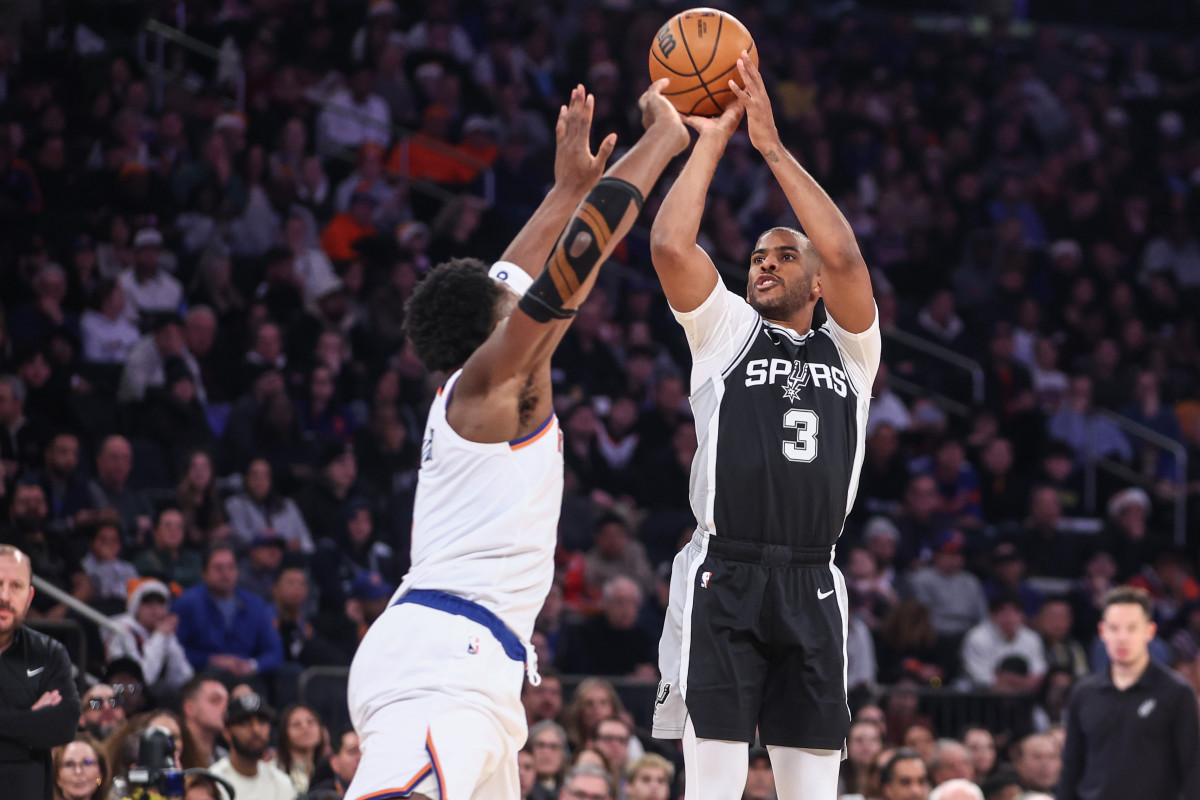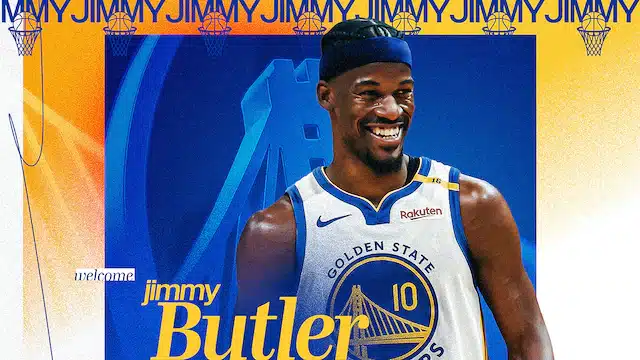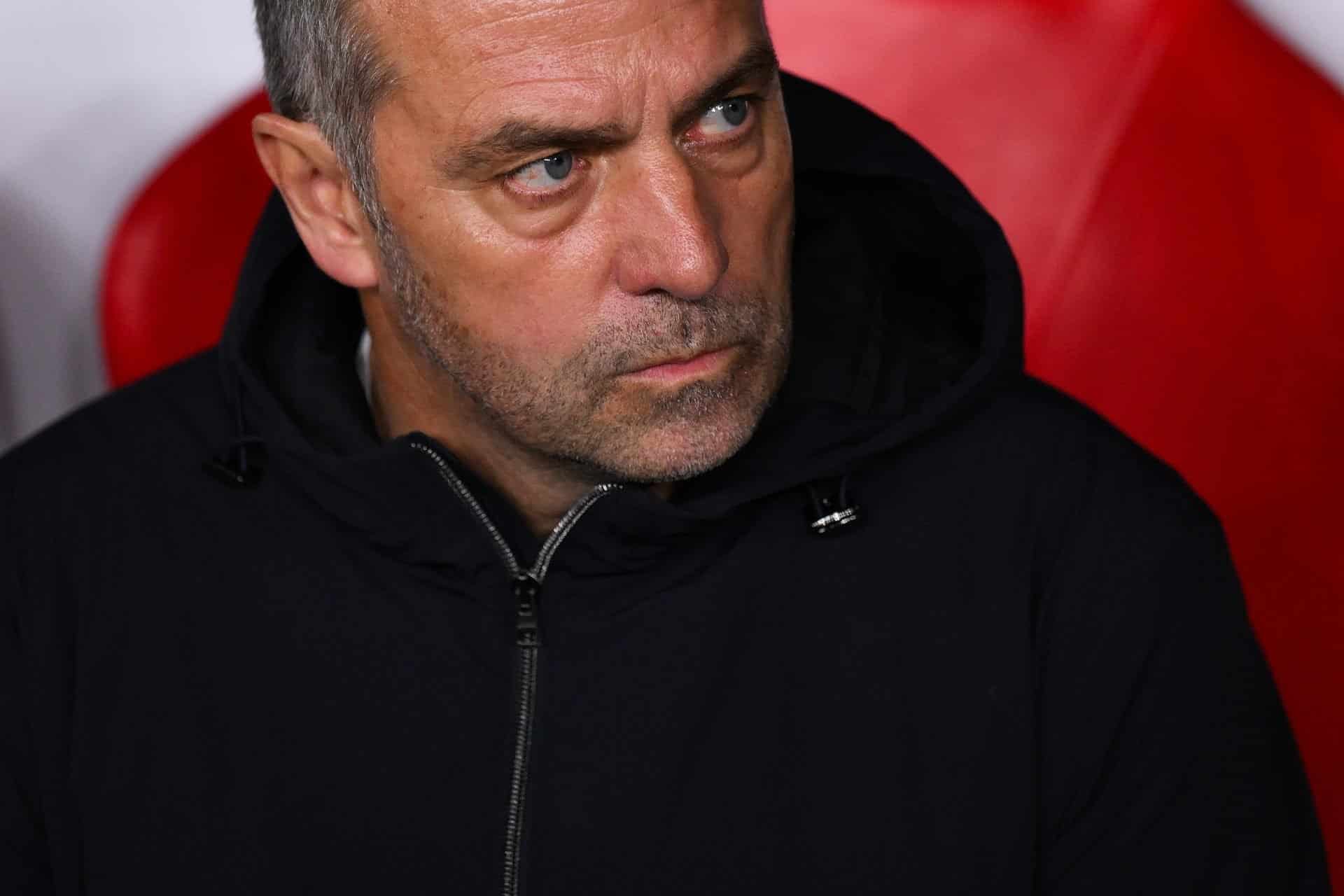As Calvin Darden Jr. awaits sentencing on Wednesday for defrauding former NBA All-Star Dwight Howard and his ex-Houston Rockets teammate Chandler Parsons of approximately $8 million, a federal judge last week denied his request for an acquittal or a new trial.
U.S. District Judge Vernon S. Broderick ruled that there was “more than ample evidence” of Darden’s false statements to Howard and Parsons, who lost $7 million and $1 million, respectively, to justify the New York jury’s fraud, money laundering, and conspiracy conviction.
According to Sportico, Darden devised an elaborate scheme to convince Howard that he was in the process of purchasing the WNBA’s Atlanta Dream about five years ago.
At the time, the team was owned by Mary Brock and Kelly Loeffler, who now oversees the Small Business Administration. Howard believed his payments were going toward acquiring the team, but instead, the funds were funneled through multiple banks before being deposited into a shell company.
Howard’s agent, Charles Briscoe, was in on the scheme, which gave Howard further reason to believe the deal was legitimate. Briscoe pleaded guilty in 2023 to conspiracy to commit wire fraud.
Howard discovered the deception when he saw an ESPN report revealing that the Dream had been sold—not to him, but to a group led by Northland chairman Larry Gottesdiener, Northland COO Suzanne Abair, and former Dream star Renee Montgomery.
In rejecting Darden’s request for an acquittal or a new trial, Broderick emphasized that jurors reasonably concluded Howard had sent $7 million to Darden and Briscoe but received nothing in return.
The judge also pointed out that Darden did not explain how he “went on an almost $6 million personal spending spree” shortly after obtaining Howard’s money. Darden used the stolen funds to purchase luxury cars, including a Rolls-Royce and a Lamborghini, as well as a multimillion-dollar mansion.
Broderick also highlighted the incriminating role of Darden’s so-called “vision plan”—a collection of documents, including slides, designed to persuade Howard of his credibility in acquiring a WNBA team. The judge noted that the plan was filled with falsehoods.
Among the fabrications were claims that high-profile figures and major brands were involved in Darden’s group.
For instance, the plan asserted that Tyler Perry and his studios were on an advisory board and had committed to promoting the Dream. However, the general counsel for Tyler Perry Studios testified that there was no record of any discussions between Perry and Darden, and Perry had no connection to the deal.
Similarly, Naomi Osaka’s agent denied her involvement, and Emmy-nominated actress Issa Rae testified that she neither knew Darden nor Briscoe and had never agreed to be on the advisory board.
Other figures, including former Starbucks COO Rosalind Brewer and an Aflac senior brand manager, also testified that neither they nor their companies had any connection to Darden’s venture.
Not only did these witnesses refute their supposed involvement, but their testimony went unchallenged in court. Broderick found it particularly revealing that “during the cross-examination of these witnesses, Darden did not dispute their statements that neither they nor their companies had any knowledge of or affiliation with the advisory board or Darden Sports Group.”
Broderick also upheld the jury’s decision that Darden defrauded Parsons, who believed he was loaning $1 million to then-NBA prospect James Wiseman before the 2020 NBA Draft. The judge noted that a forged contract falsely indicated Wiseman had signed with Briscoe’s sports agency, making Parsons think the transaction was legitimate.
In reality, the day after Parsons transferred the money to Briscoe, Briscoe wired $544,000 to Darden’s account. Wiseman never received any funds and had no knowledge of the supposed loan.
Parsons, meanwhile, never recovered his $1 million.
Prosecutors have recommended a prison sentence of 11.25 to 14 years for Darden, while his attorneys argue that nine years would be more appropriate.

